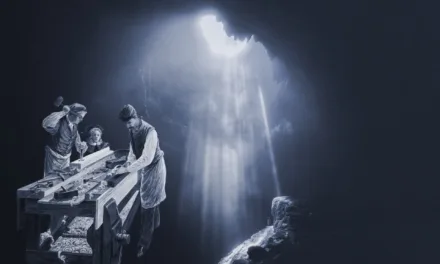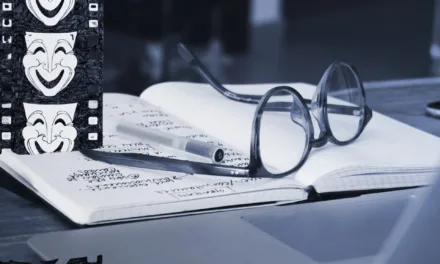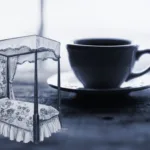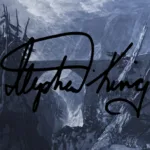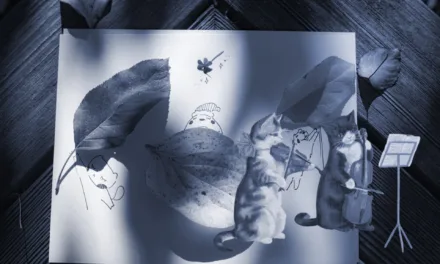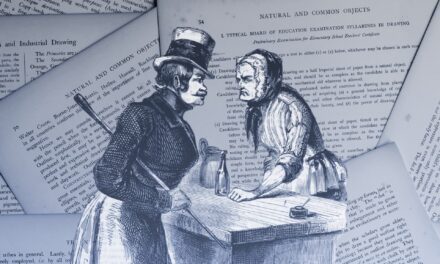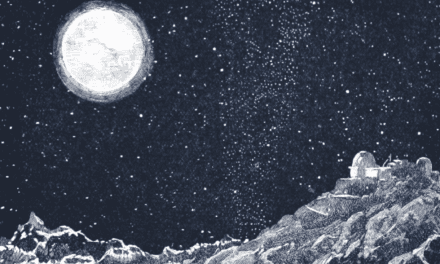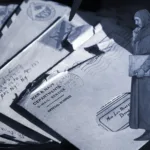
How do I get started with writing?
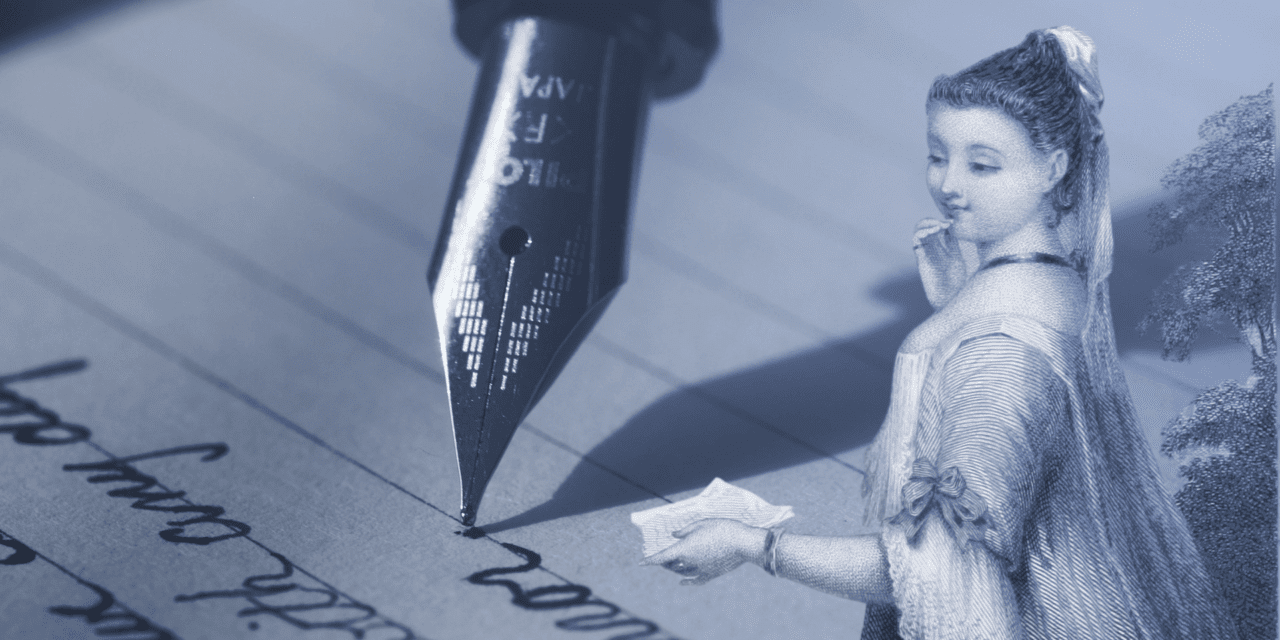
“Hi I’m interested in writing, but idk how and where to start. Any advice?”
Starting your writing adventure can seem daunting, but it’s actually the best time to have fun and discover what the craft means to you. And to get started with writing, I have a few basic concepts to consider.
Whether you’re writing poetry, a novel, short stories, nonfiction, or even screenwriting, the below concepts are versatile, and work as general steps on how to start.
Let’s dig in!
Start small, build a habit
The first thing to do to get started with writing is to actually start writing. Earth-shattering response, I know.
Start with finding a small routine that works best for your schedule and try it for about two weeks to gauge if changes are needed.
For example, you can spend five minutes during lunch every day to type whatever is on your mind. Then, once that becomes an instinctual habit, increase it to 10 minutes. You can also experiment with half-hour increments every other day, or, your routine becomes writing a few hours on the weekend because of your work schedule.
There’s no magical writing routine you should force yourself to do. Everyone has their own pace, and it’s up to you to find yours. There’s no wrong answer to this.
Experiment, adapt, and find your flow. Finding a routine can take a few tries, and that routine can also change after a significant life event (you can also have a different version of the routine for low energy days). So no need to be rigid with yourself. But once you find your flow, do it as consistently as possible.
As for what to write: write about your day, let out an emotion, tell a story from childhood, practice talking as a character; whatever fancies you at that moment. As long as you’re writing, whether it’s 5 or 5,000 words, you’re doing it right!
P.S. Looking for more on building a writing habit? Our course “Write to Play” helps you get started with writing and learn to enjoy it! Our Discord Community also hosts weekly writing sprints and other activities, so you can connect with fellow writers and work on goals together. Both are free to join.
Ask why you want to write
Writing may look like a glamorous career or hobby, but as with many things, it takes effort. And your level of writing effort depends on why you write in the first place.
Some people get started with writing because they think publishing something will make quick bucks. But it should never be about the money (although money is a nice bonus). Writing is about community and entertainment via the oldest form of connecting with others: storytelling.
We write because we love to tell stories. We write because we want to share a message with others through written expression. We write because we are natural creators of worlds and characters that weave adventures.
So ask yourself why you really want to write. Do you want to connect with others through your personal experiences? Is there a message you want to share with the world? Do you want to entertain the masses with meaningful adventure? If the answer to any of those questions is yes, great news! You’re on the right track.
If you need a “why” example, I’ll give you my reason for writing poetry and fiction. It’s to advocate mental health and self-worth.
After going through a personal journey of discovering self-acceptance, I want people to follow their hearts and core desires, and to love themselves for who they are. Because that’s true happiness–valuing your core identity.
Now, your “why” doesn’t have to be as boldly righteous as mine, but being specific and/or personal with your “why” adds depth to your writing. Here’s how in the next steps.

Genre and theme
Genre and theme are two vital things you need to get started with writing.
Genre is fairly straightforward. Most aspiring writers already have one in mind. However, if you’re not sure where to start, think about the genres that your favorite books, movies, or TV shows are, and go from there.
Do you like epic fantasy and adventure? Try the action genre. Do you enjoy dystopian settings questioning the ethics of society? Society and worldview are great for getting deep and philosophical. Or do you love a character rising to the top with a successful career or sports tournament? Look into performance and status.
Theme takes a little more effort, but if you spend time on your “why,” that will help significantly! Because the theme you write about, from a poem to a novel, typically derives from your “why.”
Take my own “why” again as an example. Since it’s about mental health, I spend my days on themes of self-discovery, societal influence on “success,” inner demons, acceptance–the list goes on. But they all come from my overarching goal to show how valuing your true self brings real happiness.
Here’s another example: say you have a personal experience of winning a sports tournament because you pushed yourself, even though you wanted to give up. Perhaps that’s inspiration for a project with the message, “with effort comes reward.” That theme opens all kinds of opportunities, from looking at the best-suited genre to what kind of story and character to write about.
Which leads to my next concept!
Characters and story basics
Genre and theme play right into your characters and story. This is where we dive into some mechanics of storytelling, starting with the concept of story and characters, and then how the theme and genre affect them to create a basic project outline.
To start, your story is the external sequence of obstacles your character faces, leading to learning the theme at the end. Your character is the one going through the story’s external events while internally processing them.
Your theme then determines the “what” in your story: what message the story shares to readers at the end, and what core events lead to the theme reveal. Meanwhile, the character(s) are the “who” being affected by the theme throughout the story.
With that, the theme determines the beginning and end of your story, as well as the path of growth for your character to experience. This is the bare minimum you need when writing a project, like a novel or short story. Even if you don’t use outlines.
For the end of the story, we already mentioned the theme reveal; and that’s typically portrayed through the character facing a final challenge–like a big boss fight. And through that challenge, the character grows from learning the theme. So the theme dictates the end of the story by what the final event and message are, and who the character becomes after growth (or lack of, for tragic ending).
From there, we can move backwards to the beginning of the story. In storytelling, the ending is the opposite of the beginning. So, if the story’s end has a character learning the theme through a final challenge, then the story’s beginning introduces that character with a major flaw to overcome by learning the theme; while starting the sequence of obstacles that eventually leads to the theme reveal at the end.
Just like that, you have the theme crafting the basics of your story with a dynamic character!
But let’s dive further with genre. Genre helps plot the “how,” as in, how your story and character’s journey are told (i.e. action, romance, etc). Each genre has specific conventions for a story to follow, thus acting as a great template to plot lengthier projects like novels.
For example, romance genres start the story with two characters meeting as potential love interests (the meet cute), and typically end with them falling in love. Thus, if you choose romance as your genre, then you work your theme, story, and character(s) into those parameters.
Once you do that, you’ll notice you’ll have a basic outline for a project. Shall we go through an exercise to see the magic?
Let’s go back to the theme example of “with effort comes reward,” and combine it with a character, story, and genre.
Based on that theme, the character needs a major flaw at the story’s beginning, one to overcome by learning the lesson. Also, the beginning starts a sequence of obstacles that must lead to the character getting rewarded from effort.
So let’s create a character who believes everything comes easily to them–someone born into a rich family and had everything handed to them at a young age. That’s the flaw. And for the sequence of obstacles to start their growth, we’ll have the character lose their inheritance, forced to figure out how to live on their own.
These obstacles become the hardships of living without wealth. That way, by the end of the story, the character comes face to face with the theme, realizing if they want “reward” (or perhaps fulfillment), they must put effort into what they do. The story thus ends with the character growing and understanding it’s worth working toward something.
Now add the romance parameters mentioned above for genre. After the character loses their inheritance, they meet someone at a local store; one who becomes friends and helps tackle the character’s personal dilemma. This also helps the character realize genuine happiness as they also fall in love. Therefore, they find their path through their own efforts, without inherited wealth, and live happily ever after.
See how all the puzzle pieces came together to create a project? See now why knowing your “why” is important? If we didn’t have the early “why” example of a personal experience leading to “with effort comes reward,” we wouldn’t have an outlined romance story about someone finding their path.

Tackle that mindset
There’s only one mindset every writer needs to have before they get started with writing, and that’s this phrase:
Perfection is failure.
Trust me, as a healing perfectionist, that sounds wild. But here’s something crazier.
Not even your published work will be perfect.
You will always reread your work and think a word needs tweaking, or a character needs different reactions in dialogue. Some published books still have typos, too.
With projects like novels, most writers never finish their first draft because they spend time and energy editing the story as they write. To perfect it as they go.
But you don’t know how the novel goes until you write to the end of it.
Like creativity, your project will change and flow. Especially in the beginning, as your first draft is the discovery draft; the foundation of the project. That’s not the time for tweaking, but the time for building.
So allow your first draft to be messy. Get the whole concept out first. Then, you will have better knowledge on how to edit the entire project. Not just parts of it that might change anyway as you get closer to the end. Don’t waste your precious time and creativity like that.
This is the same for me with poetry. I always focus on the poem’s core message first, then I’ll play with pretty prose and rhyming.
So focus on the journey of writing the draft and getting the full idea down. Again, creativity is fluid. Allow your writing to be the same.
My favorite book coach discusses perfectionism with the analogy of baking a cake. You can’t put icing on a cake without letting it fully bake first. Finish baking your draft to the end, then add the icing edits.
And there you have it! Those are my five main concepts to remember to get started with writing. And those are merely the tip of the iceberg of what the craft has to offer you–but remember, this is the time to have fun and discover!
Are you ready to dive in and get started with writing? I can’t wait to see what you create.
Happy writing!

